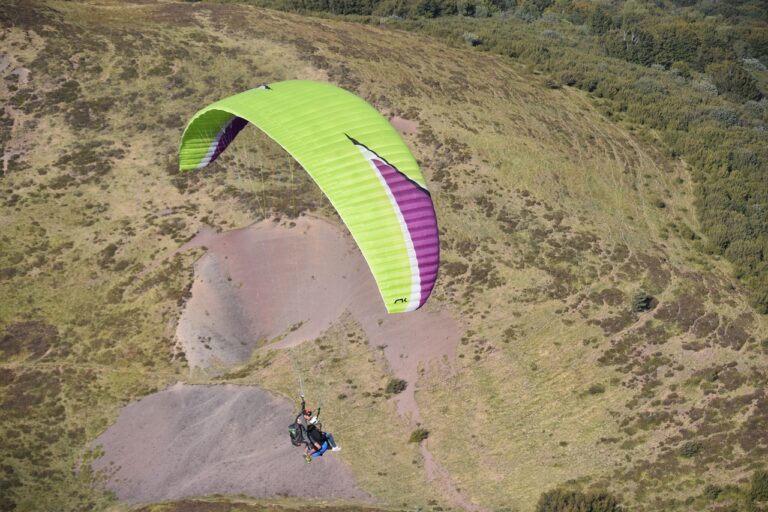Fostering Creativity and Innovation in Education
Curiosity is the fuel that drives learning and discovery in students. When students are curious, they are more motivated to explore new ideas, ask questions, and seek out knowledge on their own. By encouraging curiosity in students, educators can ignite a passion for learning that extends beyond the classroom walls and into all aspects of their lives.
Furthermore, fostering curiosity in students helps them develop critical thinking skills and a deeper understanding of the world around them. Curious students are more likely to engage in active learning, problem-solving, and creativity, which are essential skills for success in the ever-evolving landscape of the 21st century. By nurturing curiosity, educators not only inspire a love for learning but also empower students to become independent thinkers and lifelong learners.
Creating a Supportive Environment for Experimentation
Creating a supportive environment for experimentation in educational settings is crucial for fostering creativity and innovation. When students feel safe to try new things and make mistakes without fear of judgment or ridicule, they are more likely to take risks and push the boundaries of their learning. Teachers play a key role in creating this environment by providing positive reinforcement, constructive feedback, and encouragement to explore new ideas.
By encouraging students to experiment and think outside the box, educators can help them develop critical thinking skills, problem-solving abilities, and a growth mindset. When students are allowed to test their theories and hypotheses in a supportive environment, they learn to embrace challenges and view failures as opportunities for learning and growth. This not only enhances their academic performance but also prepares them for success in an ever-changing world where adaptability and resilience are valued traits.
Embracing a Growth Mindset in Education
In the realm of education, embracing a growth mindset has become increasingly paramount. This ideology emphasizes the belief that intelligence and abilities can be developed through dedication, effort, and perseverance. By instilling this mindset in students, educators empower them to view challenges as opportunities for growth and learning, rather than insurmountable obstacles.
Embracing a growth mindset in education also fosters a culture of resilience and agility. When students understand that their capabilities are not fixed, but rather malleable through hard work and resilience, they are more likely to approach new tasks with enthusiasm and determination. This mindset shift encourages students to adopt a positive attitude towards learning, enabling them to navigate obstacles with confidence and adaptability.
What is a growth mindset in education?
A growth mindset in education is the belief that intelligence and abilities can be developed through dedication and hard work. It focuses on the idea that with effort and persistence, students can improve their skills and achieve success.
How can teachers encourage curiosity in students?
Teachers can encourage curiosity in students by asking thought-provoking questions, providing opportunities for exploration and discovery, and fostering a safe and supportive learning environment where students feel comfortable asking questions and seeking out new information.
Why is creating a supportive environment for experimentation important in education?
Creating a supportive environment for experimentation is important in education because it allows students to take risks, make mistakes, and learn from their experiences. This type of environment fosters creativity, innovation, and critical thinking skills, which are essential for success in the real world.
How can educators embrace a growth mindset in their teaching practices?
Educators can embrace a growth mindset in their teaching practices by focusing on effort and progress rather than just grades and outcomes, providing constructive feedback and opportunities for reflection, and encouraging students to set high, but achievable goals for themselves. By promoting a growth mindset, educators can help students develop a love for learning and a willingness to take on new challenges.







